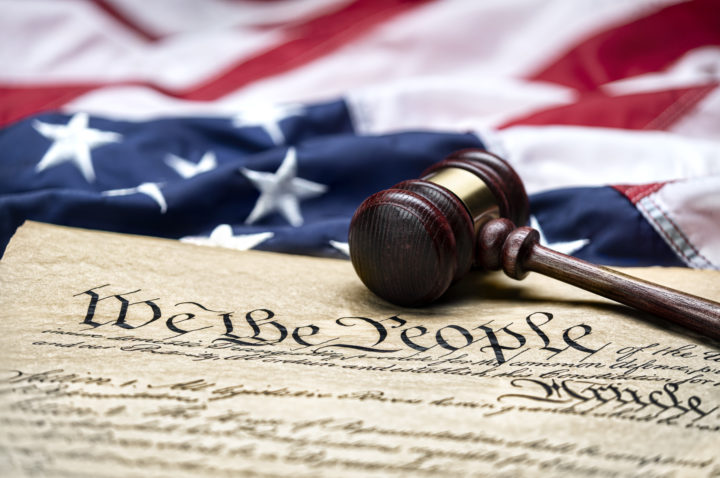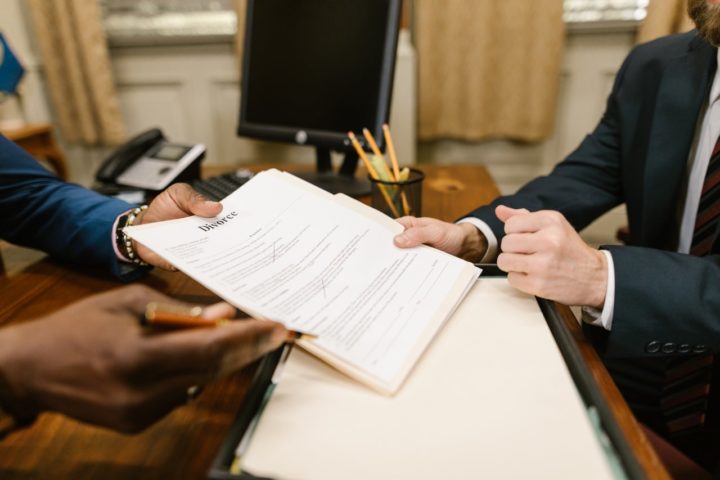Every year, millions of people become victims of personal injuries. It is important to understand the process involved in filing a personal injury lawsuit as it can be quite complex and intimidating. Understanding this process could make the difference between winning compensation for your pain and suffering or walking away with nothing. In this article, we break down the process of personal injury lawsuits.
Hiring Personal Injury Lawyer: Is It Important?
Hiring a personal injury lawyer is valuable for navigating the legal complexities of your case. Lawyers work to ensure the best outcome for their clients and help with all legal processes involved.
A personal injury lawyer has vast legal knowledge, can negotiate with the opposing party, and will represent you in court. They can also help meet all procedural deadlines and filing requirements to avoid any delays in your case.
Notably, such services as those provided by Abogado Richard Harris, a skilled personal injury lawyer, can provide valuable assistance and support throughout this process. They can help you understand your legal rights and strategize the best approach for your lawsuit.
While a lawyer’s services do incur costs, many work on a contingency plan, meaning they only get paid if they win your case, often taking a percentage of the awarded damages.
Steps Involved in Personal Injury Lawsuits
The first step in a personal injury lawsuit is for the injured party to file a complaint, a document laying out the legal arguments and supporting evidence. At this point, negotiation might begin, which can result in a settlement without going to court.
If a settlement is unsuccessful, the case moves to the discovery process. This is when both sides investigate the facts of the case to prepare their arguments. It usually involves interviews, document requests, and depositions.
Next, if negotiation and/or mediation do not result in a settlement, lawyers prepare for trial. This includes gathering evidence, witness testimony, and hiring expert witnesses.
The trial phase involves presenting the case to a judge or jury. The outcome of the trial is not predictable and may result in a win or loss for the plaintiff, or even a hung jury.
Proving Fault in Personal Injury Claims
To win a personal injury lawsuit, plaintiffs need to prove that the defendant was at fault. Establishing fault often involves showing that the defendant was negligent, meaning they did not exercise the care expected of a reasonable person in similar circumstances.
The process includes demonstrating that the defendant had a duty of care to the plaintiff, the defendant breached the duty of care, and the breach caused the plaintiff’s injury.
Proving fault also requires substantiating evidence. This could include things like photos from the scene of an accident, police reports, eyewitness testimonies, and medical records.
Proof of negligence does not always lead to 100% fault. In some cases, the judge or jury may determine that the plaintiff shares some responsibility for the incident, leading to a reduction in the compensation awarded.
How Long Does a Personal Injury Lawsuit Take?
The length of a personal injury lawsuit can vary widely. Factors involved include the complexity of the case, the willingness of the parties to settle, and the court’s schedule.
In general, a lawsuit can last anywhere from a few months to several years. Cases typically take longer if they go to trial, while those that settle before reaching trial are usually resolved more quickly.
Unforeseen circumstances can make a lawsuit drag on. This could be a delay in obtaining necessary records, witness unavailability, or settlement negotiation difficulties.
However, patience is critical, as rushing to resolve a case might lead to a less favorable settlement. Ultimately, the goal is to achieve the most appropriate compensation for the injuries suffered.
Overall, understanding the personal injury lawsuit process can make it less intimidating and ensure you’re adequately prepared. Remember, hiring a competent lawyer like Abogado Richard Harris can guide you through the process and provide valuable insights and support.




